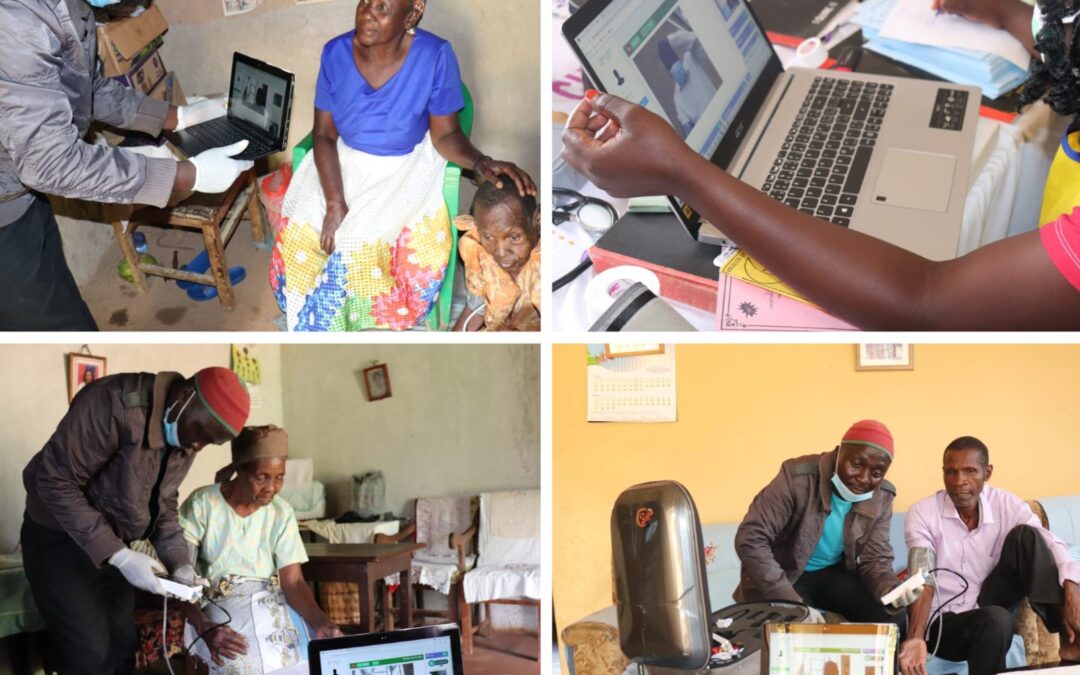Rural women are known to be the most vulnerable group in terms of access to health services. This phenomenon is quite universal in all parts of the world. Rural women not only have limited access to health information, healthcare services, emergency care, and support structure compared to women living in urban areas, but also to men living in similar rural conditions. This disparity leads to higher morbidity, mortality and poorer quality of life for rural women compared to other population groups.
With growing reach of digital technologies, especially mobile phone and internet in rural populations, it is well-known that women in such areas also enjoy better access to these services. Carefully designed technologies using the right language, literacy, privacy, and cultural sensitivities in mind, can certainly lead to better provision of health information and services to rural women, making them more likely to make critical decisions about their own health and well-being. Telemedicine should help women consult their health providers for all kinds of health concerns without leaving their homes.
Telemedicine also empowers frontline health workers in rural areas, who are mostly women. These women are able to better learn their required skills, have more information for themselves and the communities they serve, and make easy online orders and referrals for their clients. Telemedicine also gives confidence to the rural frontline health providers in taking complete care of their consumers under proper supervision of the experts. Tech4Life Enterprises continues to enhance its telemedicine software ‘MDConsults Global’ and telemedicine devices for empowering both frontline health workers and the women in rural areas of the world. Tech4Life has already proven to improve lives of rural women in many parts of Asia, Africa, South America and more developed countries in North America. One such example is given in more details in the following article: https://tech4lifeenterprises.com/telemedicine-improving-lives-of-people-in-remote-communities-of-khyber-pakhtunkhwa/

